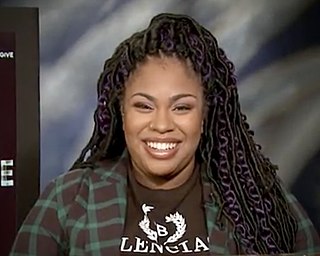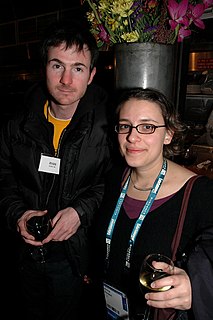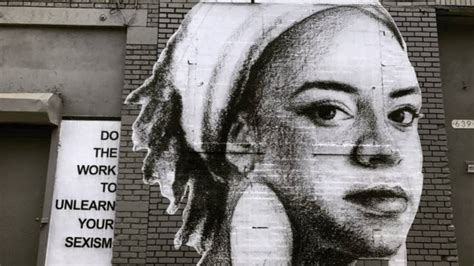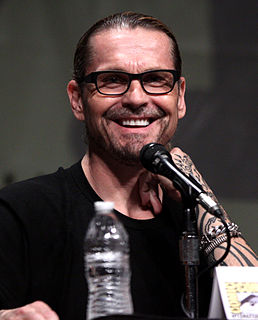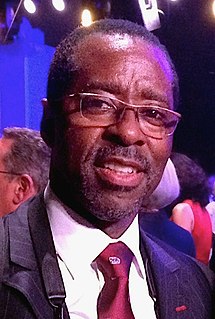A Quote by Angie Thomas
When I was in college, I lived in a mostly black, poor neighborhood. That's where I grew up, but I attended a mostly white upper-class school in conservative Mississippi. I was often very aware of how I presented myself.
Related Quotes
When I was in school, I was very much into just sports, mostly basketball, and didn't really see myself as much of a student. But once I got into college, I figured I wasn't going to be play beyond college. I started to think what was I going to do, since I wouldn't be able to make a living with basketball. There were a couple of things I liked to do. I wrote poetry, spoken word mostly.
I would say I'm black because my parents said I'm black. I'm black because my mother's black. I'm black because I grew up in a family of all black people. I knew I was black because I grew up in an all-white neighborhood. And my parents, as part of their protective mechanisms that they were going to give to us, made it very clear what we were.
